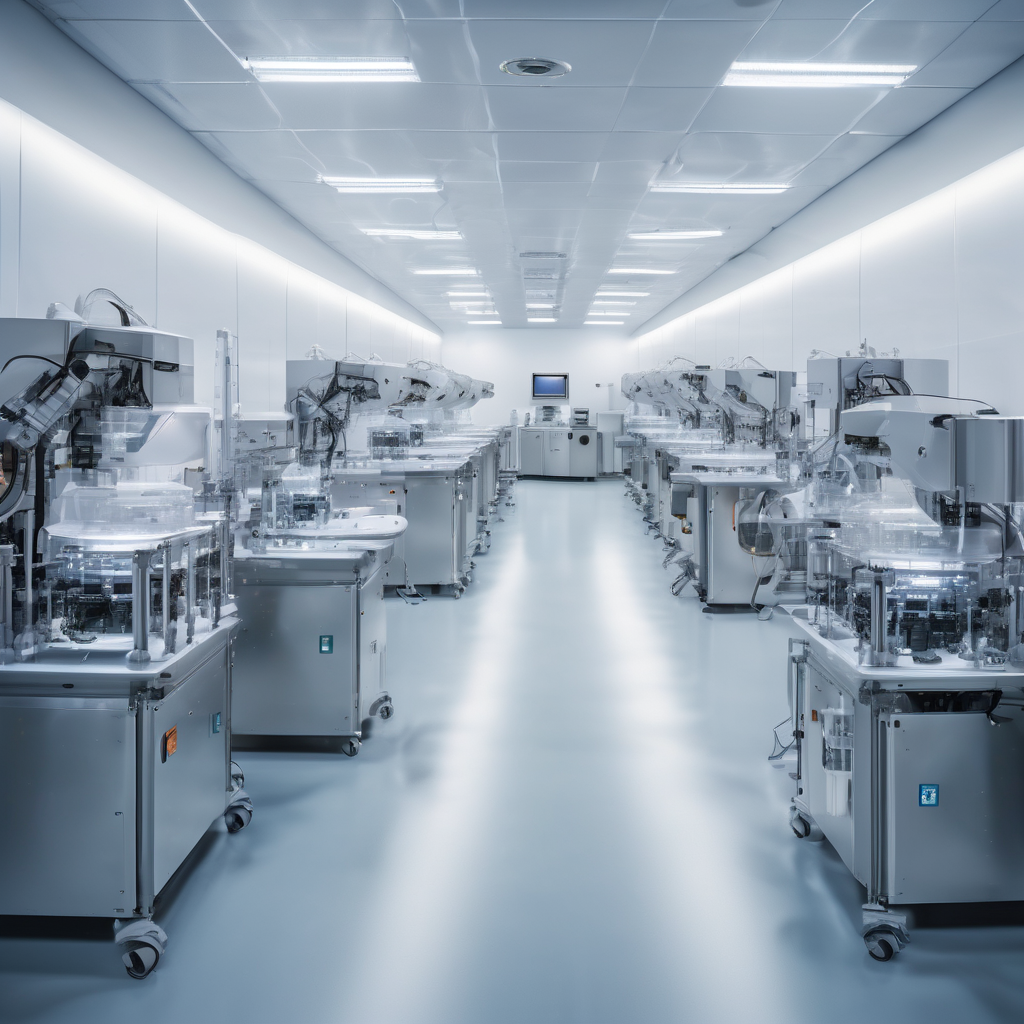
In recent months, leading figures in the AI sector have begun presenting themselves as modern saviors, making bold claims about the imminent arrival of superintelligent software. Executives and researchers from major tech companies, including a Nobel laureate, are asserting that artificial general intelligence (AGI) is on the horizon, with timelines suggested as soon as two to six years. They express hopes of curing diseases and solving global issues like climate change through this advanced AI. Notable predictions include Google DeepMind's Demis Hassabis envisioning AGI by 2030, Meta's Yann LeCun anticipating intelligent AI assistants within a decade, OpenAI's Sam Altman suggesting superintelligence could emerge in a few thousand days, and Anthropic's Dario Amodei projecting significant advancements by 2026. Despite their expertise, these executives face a skeptical public, as recent technological breakthroughs have not followed their lofty proclamations. Current challenges include AI's immense energy and financial requirements, as generative AI is substantially more complex than traditional software. The industry struggles with inadequate electricity supplies and rising demands on power grids, prompting big players like Microsoft, Google, and Amazon to invest heavily in nuclear energy infrastructure. The generative AI sector is on an unsustainable path, with Anthropic predicting nearly $3 billion in losses this year and OpenAI facing projected losses of up to $14 billion by 2026.
These immense costs are raising alarms among investors, despite impressive revenue growth. Without a robust business model, the industry relies on faith in promised advancements to justify continued spending. Executives often invoke "AI scaling laws, " suggesting that increased investment in data, computing power, and energy will enhance performance. This leads to a cycle where extravagant spending seems justified merely by the act of spending. As the competition intensifies, bold predictions from tech leaders encourage further investment, establishing a cycle of speculative claims. Notably, the upcoming years will serve as deadlines to assess these ambitious assertions about generative AI, determining whether it is a genuine technological breakthrough or merely a speculative bubble.
AI Sector's Bold Claims: Superintelligent Software By 2030?


NEW YORK, Oct.

Former Apple CEO John Sculley considers OpenAI as Apple’s first significant competitor in many years, highlighting that AI has not been a particular strength for Apple.

Meta, a leading technology company renowned for its innovations in artificial intelligence and digital marketing, has launched a groundbreaking real-time AI marketing suite aimed at significantly improving the accuracy of consumer targeting.

In October 2025, the National Republican Senatorial Committee (NRSC) released a highly controversial AI-generated video showing Senator Chuck Schumer seemingly celebrating a government shutdown.

A necessary component of this site failed to load.

Twenty20 Across industries from technology to airlines, major global firms have been cutting staff amid the tangible impacts of artificial intelligence (AI), causing anxiety among employees

In today’s fast-changing digital environment, marketers are increasingly leveraging artificial intelligence to transform consumer engagement.
Automate Marketing, Sales, SMM & SEO

and get clients on autopilot — from social media and search engines. No ads needed
and get clients today